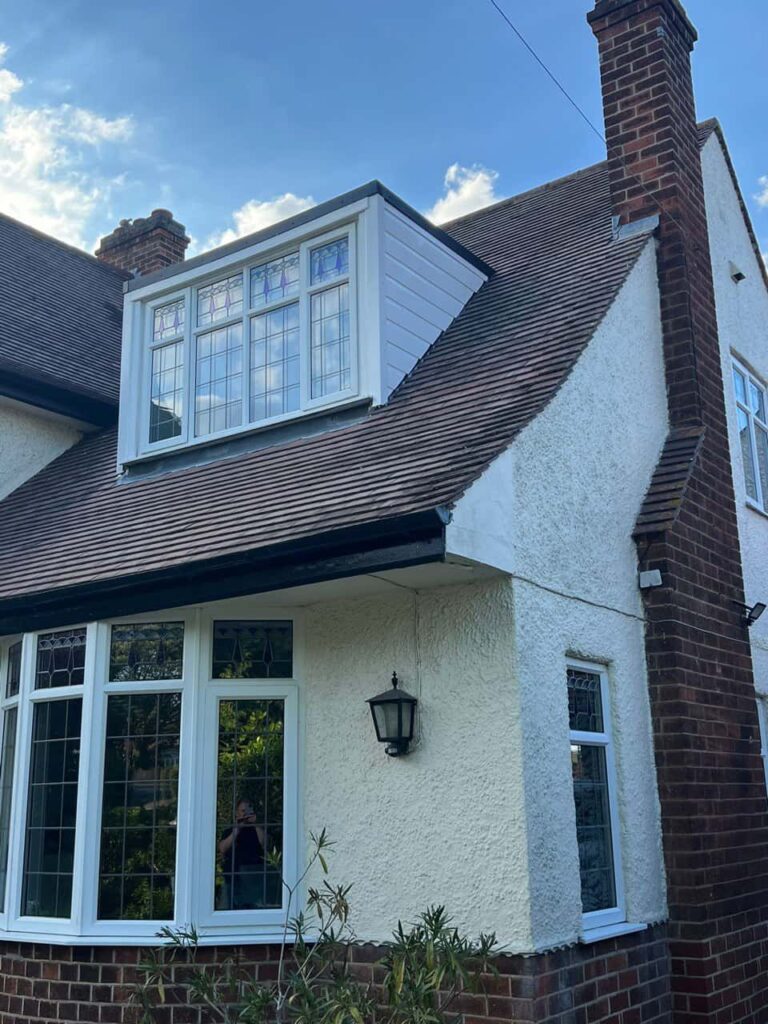Living near a busy road, under a flight path, or in a noisy neighbourhood can be frustrating—especially if outdoor sounds disturb your sleep, conversations, or concentration. While double glazing and insulation help, many homeowners in Ringwood overlook a key source of noise intrusion: the roof. At MCM Roofing Repairs Ringwood, we’re often asked whether a new roof can reduce external noise—and the answer is yes, in many cases.
Let’s explore how a roof contributes to sound insulation and when a new installation can help make your home quieter and more comfortable.
How Roofs Transmit External Noise
Roofs cover a large surface area and are directly exposed to outside sounds such as:
- Traffic noise
- Rain and hail impact
- Aircraft and overhead activity
- Wind and tree movement
If the roof structure is old, damaged, or poorly insulated, it can act as a conductor for sound rather than a barrier.
Key Factors That Affect Roof Sound Insulation
1. Roofing Materials
Different roofing materials have different soundproofing qualities. Lightweight materials, such as metal sheets or old concrete tiles, tend to transmit more noise.
- Heavier materials, such as natural slate or modern composite tiles, absorb more sound energy
- A new roof using sound-insulating materials can significantly reduce airborne noise
2. Insulation Beneath the Roof
The insulation between the roof and ceiling plays a crucial role in blocking noise.
- A roof replacement often includes upgraded insulation
- Rigid foam boards or mineral wool can improve both thermal and acoustic performance
- Properly installed insulation prevents echo and vibration transmission
3. Roof Deck and Underlay Quality
The layers beneath your tiles or slates contribute to how effectively sound is dampened.
- New breathable membranes can also offer acoustic dampening
- A solid and tightly sealed roof deck reduces the likelihood of sound leakage
4. Roof Shape and Structure
Certain roof styles and angles can reflect or absorb sound differently.
- Pitched roofs generally perform better than flat roofs in diffusing sound
- A well-sealed ridge, eaves, and valleys help minimise sound gaps
When a New Roof Makes the Biggest Difference
Upgrading your roof can reduce outside noise significantly if:
- Your current roof is more than 20 years old
- You have minimal or outdated insulation
- You notice drafts or sound leakage through the loft or ceiling
- You’re already investing in improving your home’s energy efficiency
A new roof is also an opportunity to enhance both thermal and acoustic comfort in one project.
Benefits of Improved Roof Sound Insulation
- Quieter indoor environment
- Better sleep and relaxation
- More privacy, especially in converted loft spaces
- Increased property value and appeal
Professional Roofing in Ringwood
At MCM Roofing Repairs Ringwood, we offer full roof replacements and upgrades tailored to homeowners in Ringwood looking for better performance and comfort. We use high-quality materials and modern techniques that improve insulation against both weather and sound. Whether you’re upgrading for energy efficiency, aesthetics, or acoustic performance, we ensure every aspect of your new roof meets the highest standards.
Conclusion
If outdoor noise is affecting your quality of life, a new roof could be part of the solution. From improved insulation to better soundproofing materials, a professionally installed roof can make your home noticeably quieter. Contact MCM Roofing Repairs Ringwood today to arrange an inspection and discuss how a new roof could reduce external noise and enhance your home environment.
Call us on: 01425 208 596
Click here to find out more about MCM Roofing Repairs Ringwood
Click here to complete our contact form and see how we can help with your Roofing needs.

